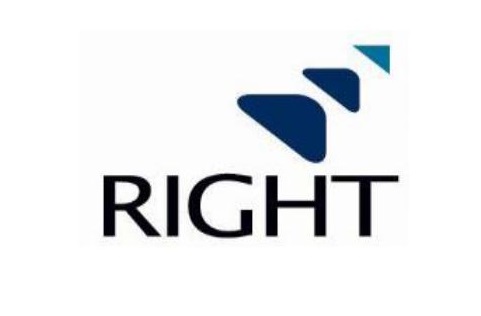Outward Remittances by Residents – Liberalised Remittance Scheme
The Liberalised Remittance Scheme (LRS) of the Reserve Bank of India (RBI) allows resident individuals to remit up to $ 250,000 per financial year to another country for investment and / or expenditure.
This money can be used to pay personal expenses such as travelling (private or for business), medical treatment, studying, gifts and donations, maintenance of close relatives and so on. In addition to such personal expenses, the remitted amount can also be invested in shares, debt instruments, and be used to buy immovable properties outside India. Individuals can also open, maintain and hold foreign currency accounts with banks outside India for carrying out permitted transactions.
There is no limit on the number of remittances that can be made under LRS in a financial year, however the total limit for each financial year is USD 250,000. Once the total of the remittances reaches the overall limit for the year of USD 2,50,000 during the financial year, a resident individual would not be eligible to make any further remittances under this scheme, even if any of the proceeds of the earlier remittances have been brought back into the country.
Only resident individuals are eligible to avail of the facility under the Liberalised Remittance Scheme. It is mandatory to have a PAN number to make a remittance under this scheme.
Further remittances under the Scheme can be consolidated in respect of family members subject to individual family members complying with its terms and conditions and such consolidated can be remitted towards the permitted purposes. Even minors are eligible to remit under the scheme.
However, there are certain restrictions for usage of funds under LRS such as buying & selling of foreign exchange abroad, or purchase of lottery tickets or sweep stakes etc. and hence any payments other than those listed in Schedule I of the scheme (Transactions specifically prohibited) and Schedule II (transactions regulated by the Government) can be made under the Scheme.
Schedule I
Transactions specifically prohibited
- Remittance out of lottery winnings.
- Remittance of income from racing/riding etc. or any other hobby.
- Remittance for purchase of lottery tickets, banned/proscribed magazines, football pools, sweepstakes, etc.
- Payment of commission on exports made towards equity investment in Joint Ventures/ Wholly Owned Subsidiaries abroad of Indian companies.
- Remittance of dividend by any company to which the requirement of dividendbalancing is applicable.
- Payment of commission on exports under Rupee State Credit Route, except commission upto 10% of invoice value of exports of tea and tobacco.
- Payment related to “Call Back Services” of telephones.
- Remittance of interest income on funds held in Non-Resident Special Rupee (Account) Scheme.
The resident who wishes to remit funds under the scheme has to file the following documents with the bank:
- Outward Remittance Application
- Form A2 cum LRS Declaration
- Copy of PAN
- Cancelled cheque (where the amount remitted is more than Rs. 10 Lakhs)
Further depending on the type of remittances additional documents may be required by the bank, such as:
- In the case of consulting services availed from outside India
- CA certificate certifying that the consultancy service has been received in India for which remittance to be done outside India
- Valid documentary evidence for services rendered (Invoice / Contract copy / agreement copy etc.
- In the case of gifts, donation, investments, acquisition of immovable property,
- Copy of the bank statement for 1 year.
- Copy of Income Tax Returns
- Further depending on the type of the transaction, bank may require such other documents to know the genuinity of the transaction, to enable conducting due diligence, applicability of taxes if any.
Remittances by Residents Small Value Remittances
When a resident wants to remit up to US$ 25,000 per financial year under the Small Value Remittances, banks may release foreign exchange without insisting on the LRS Declaration. Banks generally obtain a simplified Application-cum-Declaration form (Form A2) in such cases. However, the same falls under the overall limit of US$ 250,000/- available under Liberalised Remittance Scheme for the residents.
How RMC can help you in your remittances?
RMC basing on the discussion with the client can guide if the said remittance is eligible under LRS and assist in the preparation of the declarations to be filed under LRS to the remitting bank.
RMC for remittances outside the scope of LRS lists out the data and documents required relating to the remittance and after examining the same identifies the tax applicable to be deducted by the remitter duly taking the benefits available under Double Taxation Avoidance Agreements.
RMC then ensures that the relevant tax is discharged by the remitter and the same is reported to the Income Tax Department so that the transferee gets the corresponding credit of the tax withheld.
RMC then prepares the Form 15CA on your behalf and submits with the Income Tax Department.
RMC according to the applicability obtains Form 15CB duly certified by a Chartered Accountant along with the Unique Document Identification Number (UDIN) generated by him to check the authenticity of the certificate.
RMC also prepares the various documents / declarations as may be required by the remitting banker.
To know more about:
FAQ on Liberalised Remittance Scheme
TCS against remittance under LRS
If you want to obtain Form 15CB / file Form 15CA call +91 98494 46110 / [email protected]
